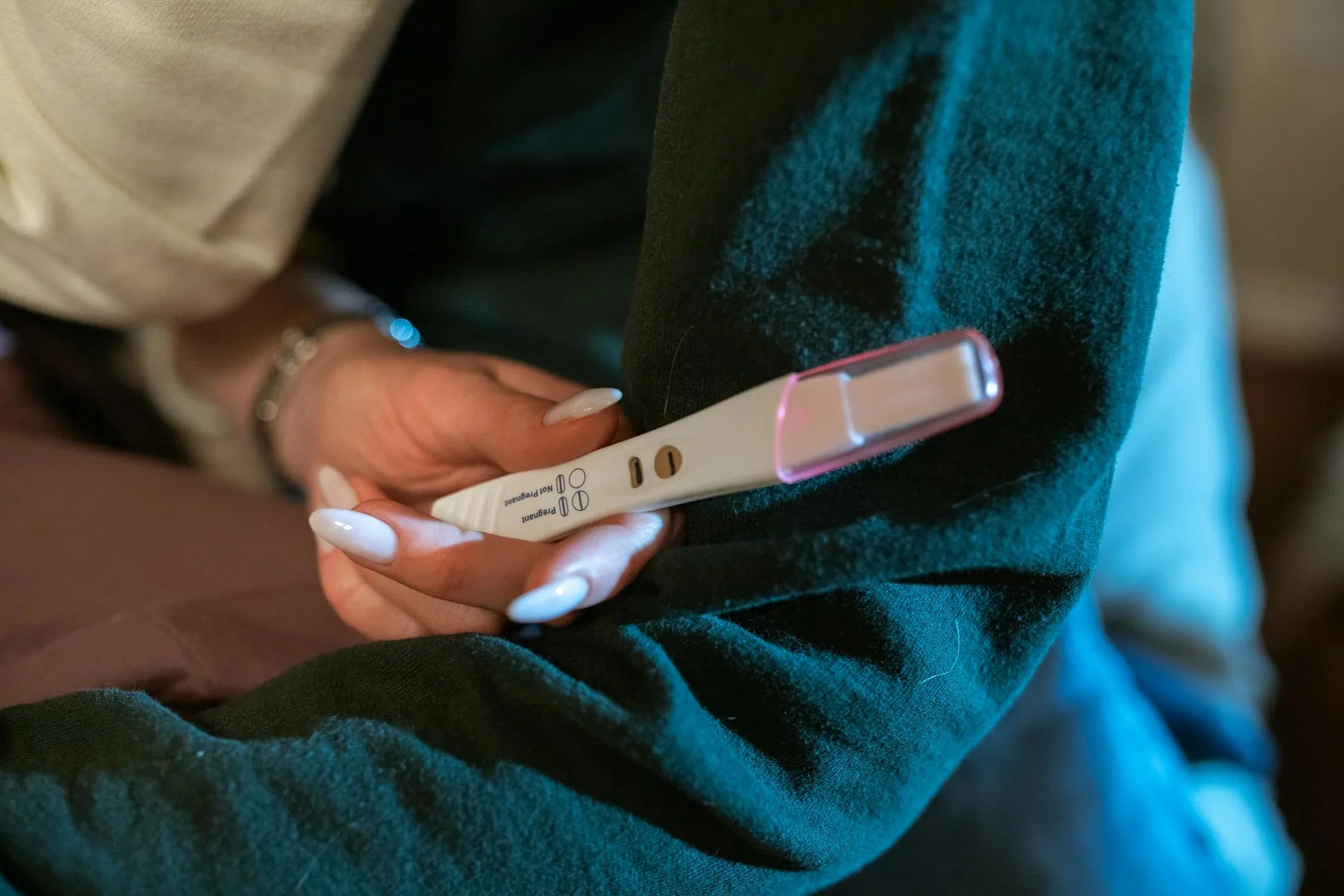Startseite
Pregnancy, Breastfeeding, and Pumping: The Ultimate Guide for Moms
How Soon Will a Pregnancy Test Read Positive: A Comprehensive Guide

How Soon Will a Pregnancy Test Read Positive: A Comprehensive Guide
Are you eagerly waiting to find out if you're pregnant? The question "how soon will a pregnancy test read positive" is one of the most common concerns for women trying to conceive. Understanding the timing and accuracy of pregnancy tests can help you get the most reliable results and avoid unnecessary stress. This comprehensive guide will walk you through everything you need to know about early pregnancy testing, from the science behind it to practical tips for accurate results.
How Pregnancy Tests Work
Pregnancy tests detect the presence of human chorionic gonadotropin (hCG), a hormone produced by the placenta shortly after a fertilized egg attaches to the uterine lining. Most home pregnancy tests are designed to detect hCG in urine, while blood tests conducted by healthcare providers can measure hCG levels more precisely. The sensitivity of a pregnancy test determines how early it can detect hCG, with some highly sensitive tests capable of detecting the hormone as early as six to eight days after ovulation.
When Can a Pregnancy Test Read Positive?
The timing of a positive pregnancy test depends on several factors, including the sensitivity of the test, the timing of implantation, and the concentration of hCG in your body. Here's a breakdown of when you can expect a pregnancy test to read positive:
- 6-8 Days After Ovulation: Some highly sensitive tests can detect hCG levels as low as 10 mIU/mL, potentially yielding a positive result shortly after implantation.
- 10-12 Days After Ovulation: Most standard home pregnancy tests can detect hCG levels of 25 mIU/mL or higher, making this the most common timeframe for a positive result.
- 14 Days After Ovulation: By this time, hCG levels are typically high enough to be detected by most pregnancy tests, including those with lower sensitivity, though individual variations may occur.
Factors Affecting Test Accuracy
While many pregnancy tests claim to provide accurate results as early as the first day of a missed period, several factors can influence their reliability:
- Test Sensitivity: Tests with lower hCG detection thresholds can provide earlier results but may also be more prone to false negatives if taken too soon.
- Timing of Implantation: Implantation typically occurs 6-10 days after ovulation, but this can vary. If implantation occurs later, hCG levels may not be detectable immediately.
- Urine Concentration: Using first-morning urine, which is more concentrated, can increase the likelihood of detecting hCG early.
- Medications and Medical Conditions: Certain medications and medical conditions can affect hCG levels, leading to inaccurate results.
Tips for Accurate Early Pregnancy Testing
To maximize the accuracy of your pregnancy test, follow these tips:
- Wait Until the Right Time: Testing too early can lead to false negatives. Wait until at least 10-12 days after ovulation, depending on test sensitivity, or the first day of your missed period for the most reliable results.
- Use First-Morning Urine: The concentration of hCG is highest in the morning, making it the best time to test.
- Follow Instructions Carefully: Improper use of the test, such as reading the results too early or too late, can lead to inaccurate results.
- Confirm with a Blood Test: If you receive a positive result on a home pregnancy test, confirm it with a blood test conducted by your healthcare provider.
Common Myths About Early Pregnancy Testing
There are many misconceptions about how soon a pregnancy test can read positive. Here are some common myths debunked:
- Myth: All Pregnancy Tests Are the Same: Different tests have varying levels of sensitivity, so not all tests will detect hCG at the same time.
- Myth: A Negative Test Means You're Not Pregnant: Testing too early can result in a false negative. Wait at least 2-3 days and retest if you suspect you might be pregnant.
- Myth: A Positive Test Is Always Accurate: While rare, false positives can occur due to certain medications or medical conditions.
When to See a Doctor
If you receive a positive pregnancy test, it's important to schedule an appointment with your healthcare provider to confirm the results and begin prenatal care. Early prenatal care is crucial for monitoring pregnancy health and making informed decisions. Additionally, if you experience symptoms such as severe pain or bleeding, seek medical attention immediately, as these could indicate complications like an ectopic pregnancy.
Understanding how soon a pregnancy test can read positive can help you navigate the exciting yet nerve-wracking journey of trying to conceive. By choosing the right test, timing it correctly, and following best practices, you can increase your chances of getting accurate results. Remember, every woman's body is different, so patience and careful timing are key. If you're unsure about your results or have any concerns, don't hesitate to consult your healthcare provider for guidance.
Teilen


